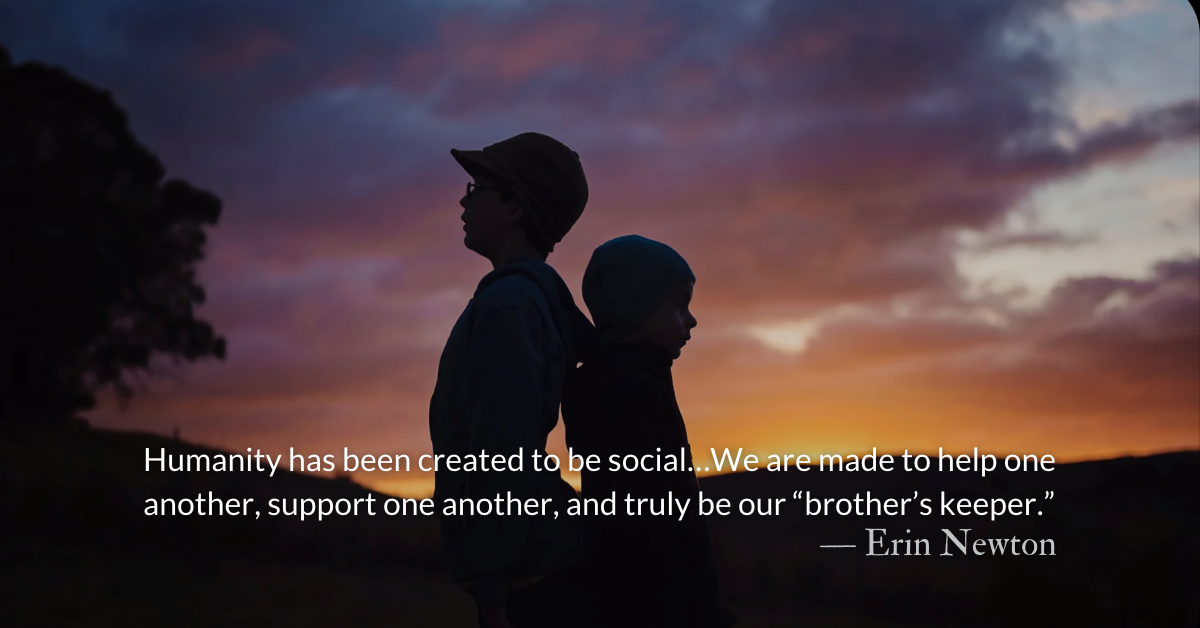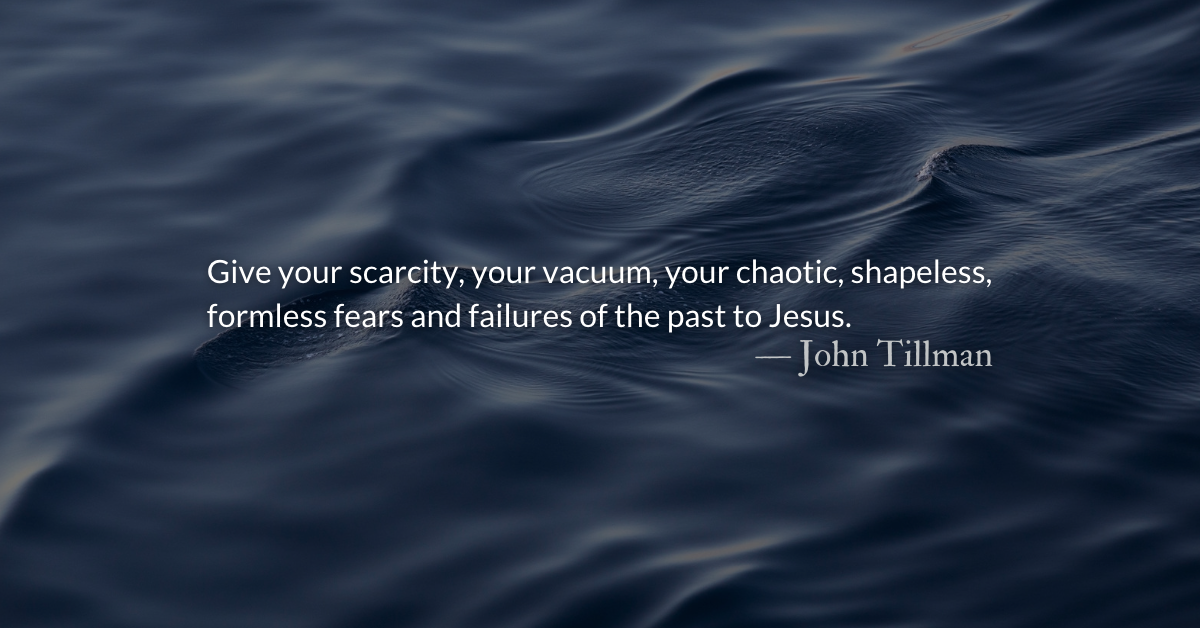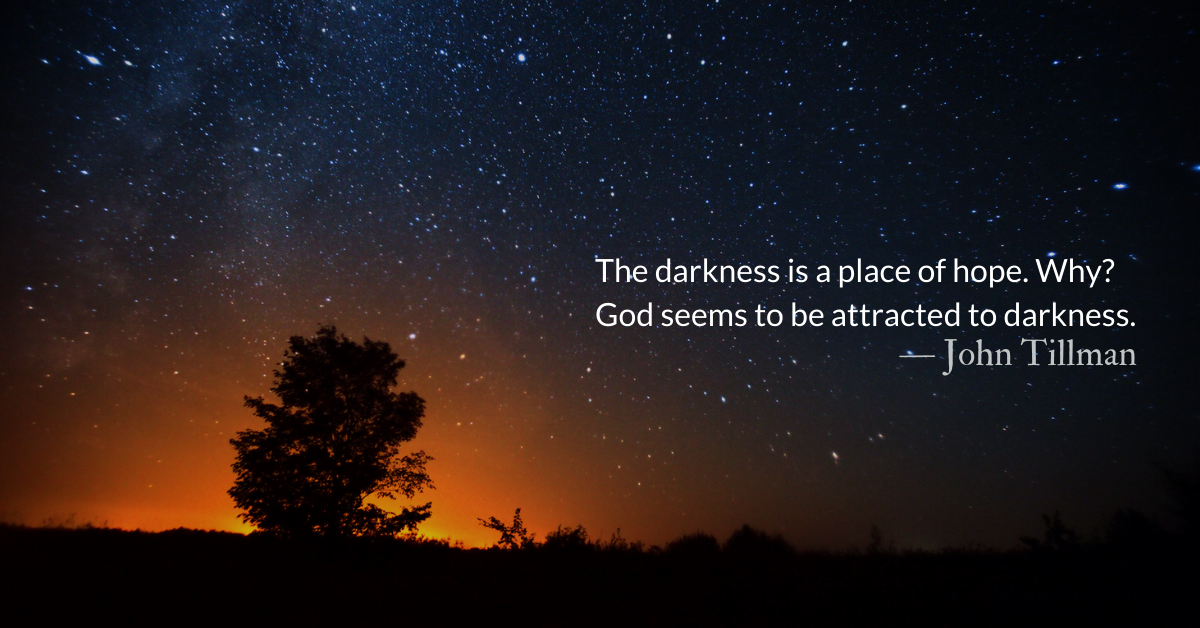Scripture Focus: Genesis 17.23-27
23 On that very day Abraham took his son Ishmael and all those born in his household or bought with his money, every male in his household, and circumcised them, as God told him. 24 Abraham was ninety-nine years old when he was circumcised, 25 and his son Ishmael was thirteen; 26 Abraham and his son Ishmael were both circumcised on that very day. 27 And every male in Abraham’s household, including those born in his household or bought from a foreigner, was circumcised with him.
John 16.1-4
1 “All this I have told you so that you will not fall away. 2 They will put you out of the synagogue; in fact, the time is coming when anyone who kills you will think they are offering a service to God. 3 They will do such things because they have not known the Father or me. 4 I have told you this, so that when their time comes you will remember that I warned you about them.
Acts 7.51
51 “You stiff-necked people! Your hearts and ears are still uncircumcised. You are just like your ancestors: You always resist the Holy Spirit!
From John: Today is Martin Luther King Jr. Day. The purpose of this day is to encourage service to one’s community. Along with that purpose, we also acknowledge that many have wrongly thought that they were doing “a service for God” (John 16.2) when they committed acts of violence. May our service bring about a loving community on Earth that mirrors that above and may we redouble our efforts to counter violence and the normalization of violent language and threats in our world.
Reflection: Inner and Outward Circumcision
By John Tillman
Every male in Abraham’s household was circumcised. Not just his offspring. Not just his blood relatives. Not just those of his race or country. Everyone. Abraham did not yet have the son God promised, but all those with him were marked as children of this promise.
Even though it set Abraham apart from the rest of the world, from the very beginning circumcision made one people from diverse peoples. It was intended as an external physical marker of an internal spiritual reality.
Eventually, circumcision, and other distinguishing marks of faith, went from being about inclusion to being about exclusion. “Holiness” became just another kind of sinful show.
Jesus warned his disciples of what they would face in the immediate future from the religious elite. Paul and Stephen would soon live out Jesus’ words. (Acts 7.51-60) Stephen called out “uncircumcised” hearts and ears of those deaf and blind to God’s Word and his work. Their inner spirituality did not match their outward ritual purity.
With any religious practice, it is easy for the ritual to become a replacement for the spiritual. Our legalistic holiness can become a sinfully prideful show. If we are not careful, we can lose our love for the Lord, and other humans, amidst our liturgies.
But without ritual or liturgy or law our “spirituality” is just a mush of feelings—ecstatic highs and depressive lows. Liturgy, law, and the rhythmic rituals of worship are tools to remind us that we are included. They are intended to set us apart from the world and, at the same time, hold out an invitation to the world. We, like the foreigners in Abraham’s household, can be marked as children of the promise alongside Christ, Abraham’s true son.
Faith can start outwardly. Nonbelievers may begin reading the Bible, coming to church, singing worship songs, or changing outward behaviors of their lives. This can be a path to inward faith.
Faith can start inwardly. People may have sudden or life-altering conversions of heart. These may lead to disciplines such as Bible reading, worship, and lifestyle changes.
Wherever faith starts, may every part, inward and outward, be changed. By God’s grace, may our ears, hearts, and every part of our lives bear the mark of a “circumcision” that is more than skin deep. May our inner spirituality and outward reality match.
Divine Hours Prayer: The Greeting
Be exalted, O Lord, in your might; we will sing and praise your power. — Psalm 21.14
Today’s Readings
Genesis 17 (Listen 4:02)
John 16 (Listen 4:14)
Read more about The Necessity of The Spirit
Othniel and Stephen are two men touched and led by the Spirit of God to very different outcomes.
Read more about Supporting Our Work
January is a great time to become a monthly donor. Please consider becoming a monthly donor for 2023. Support ad-free content that brings biblical devotionals to inboxes across the world.











